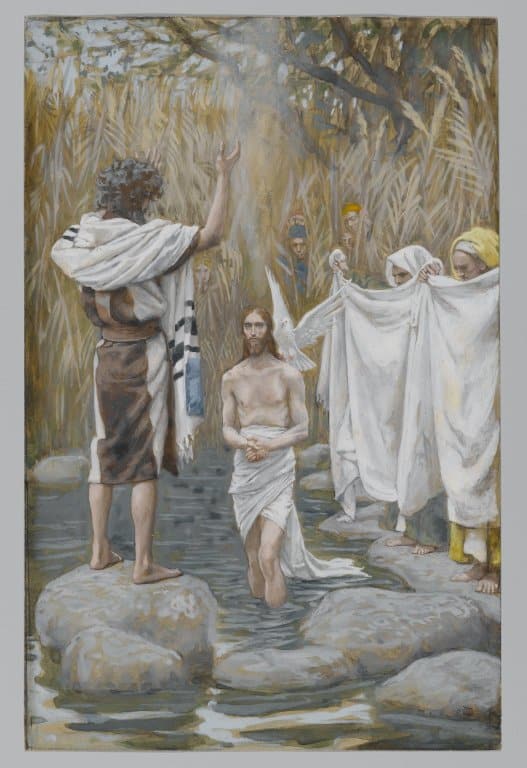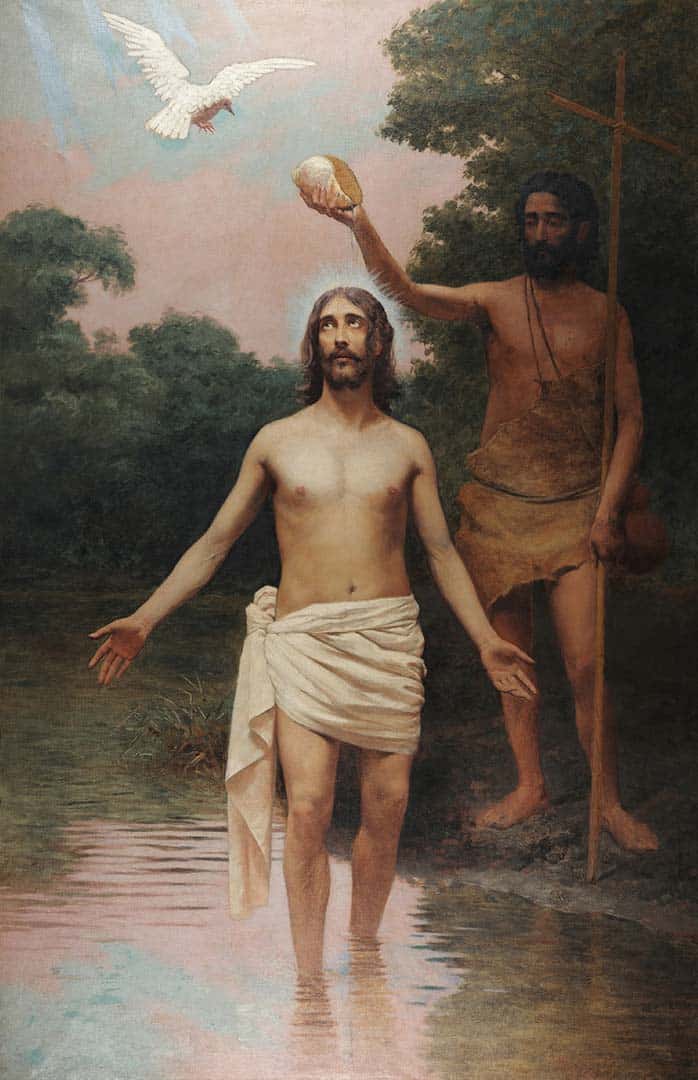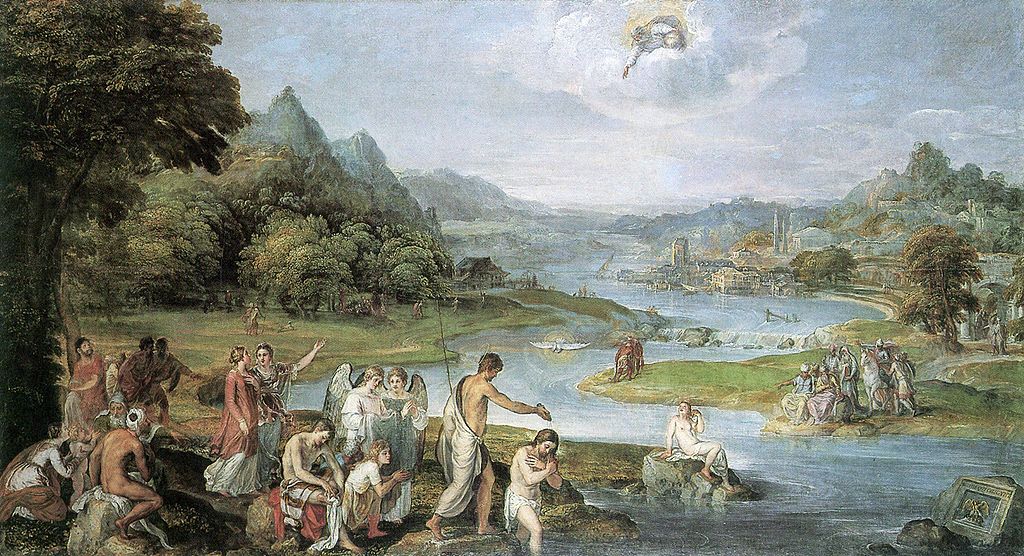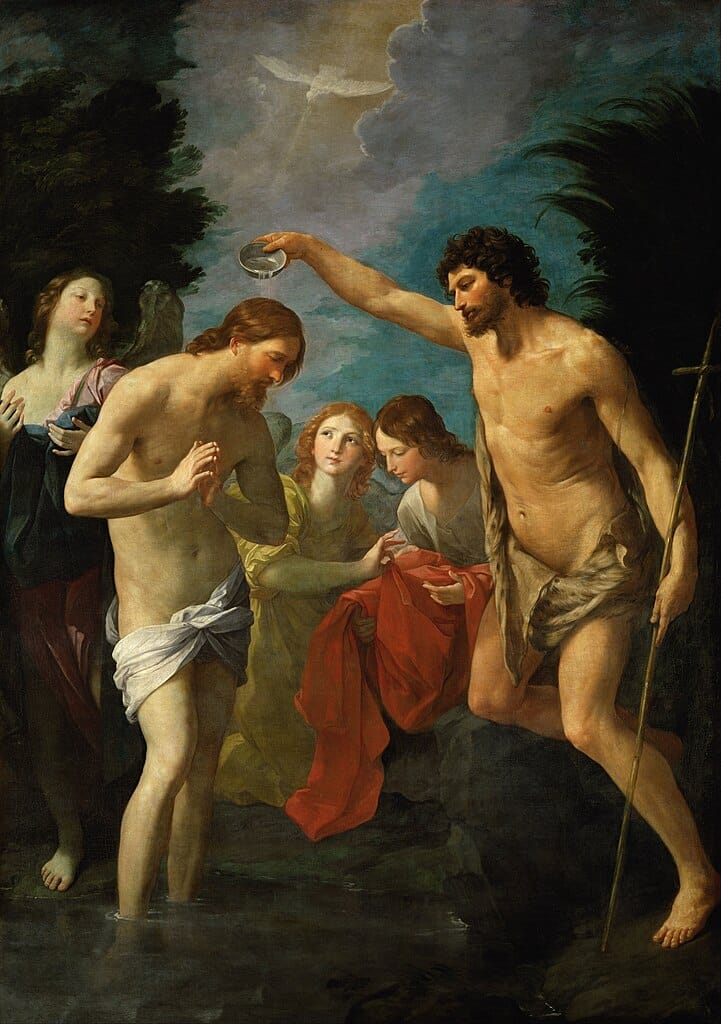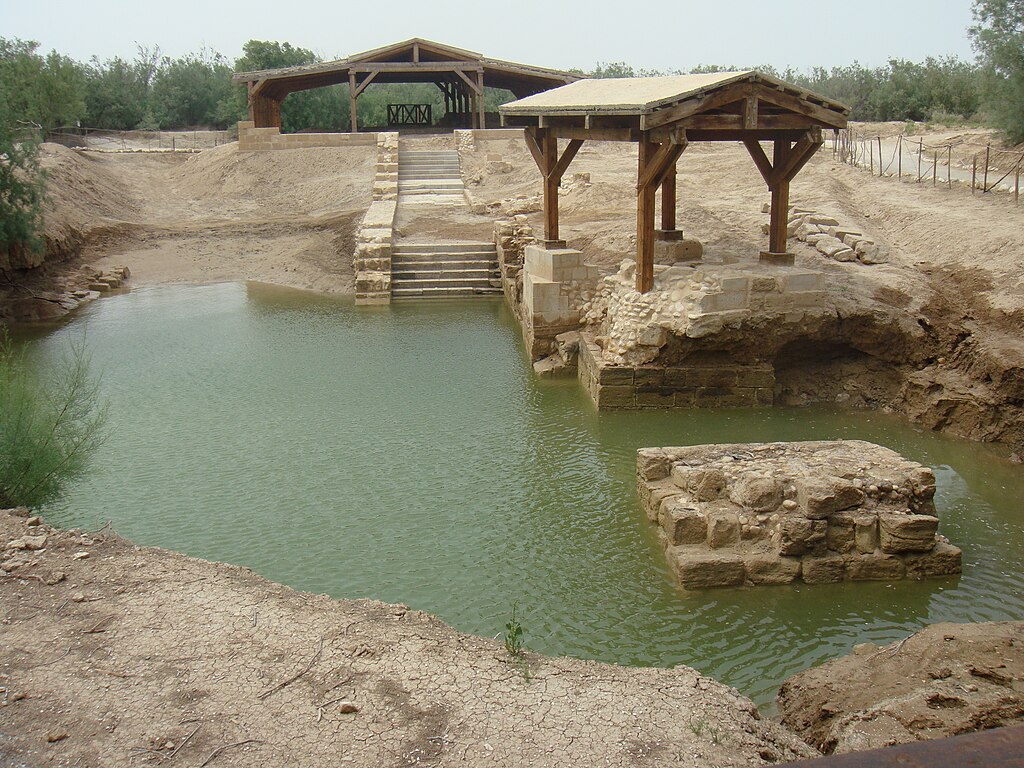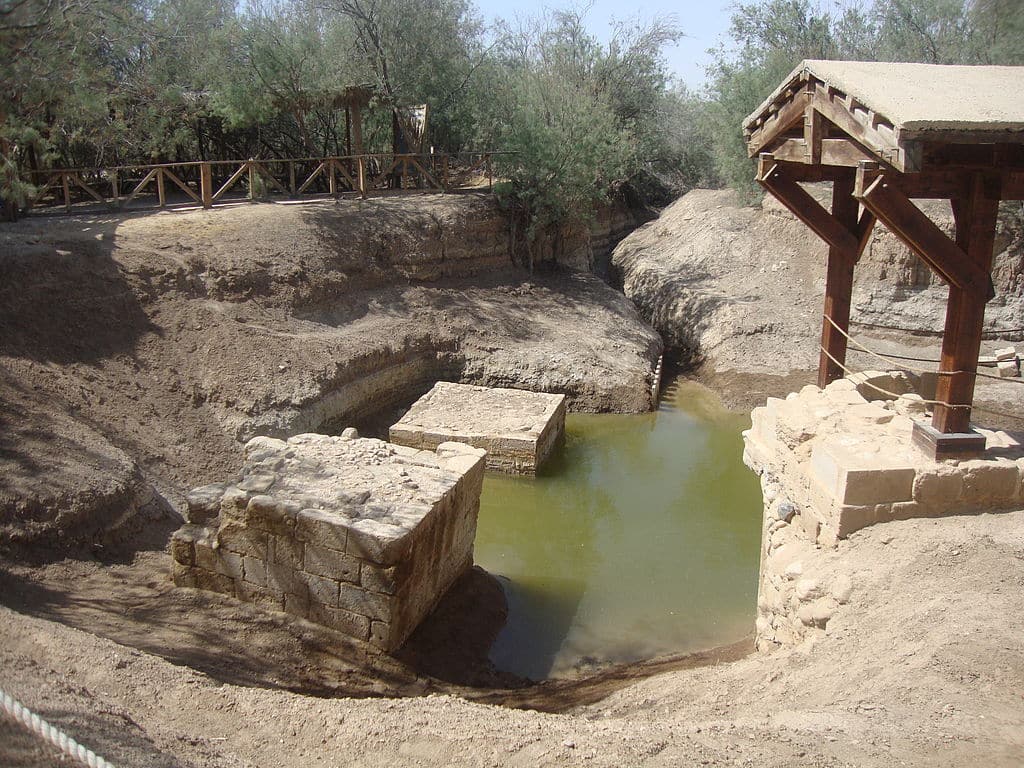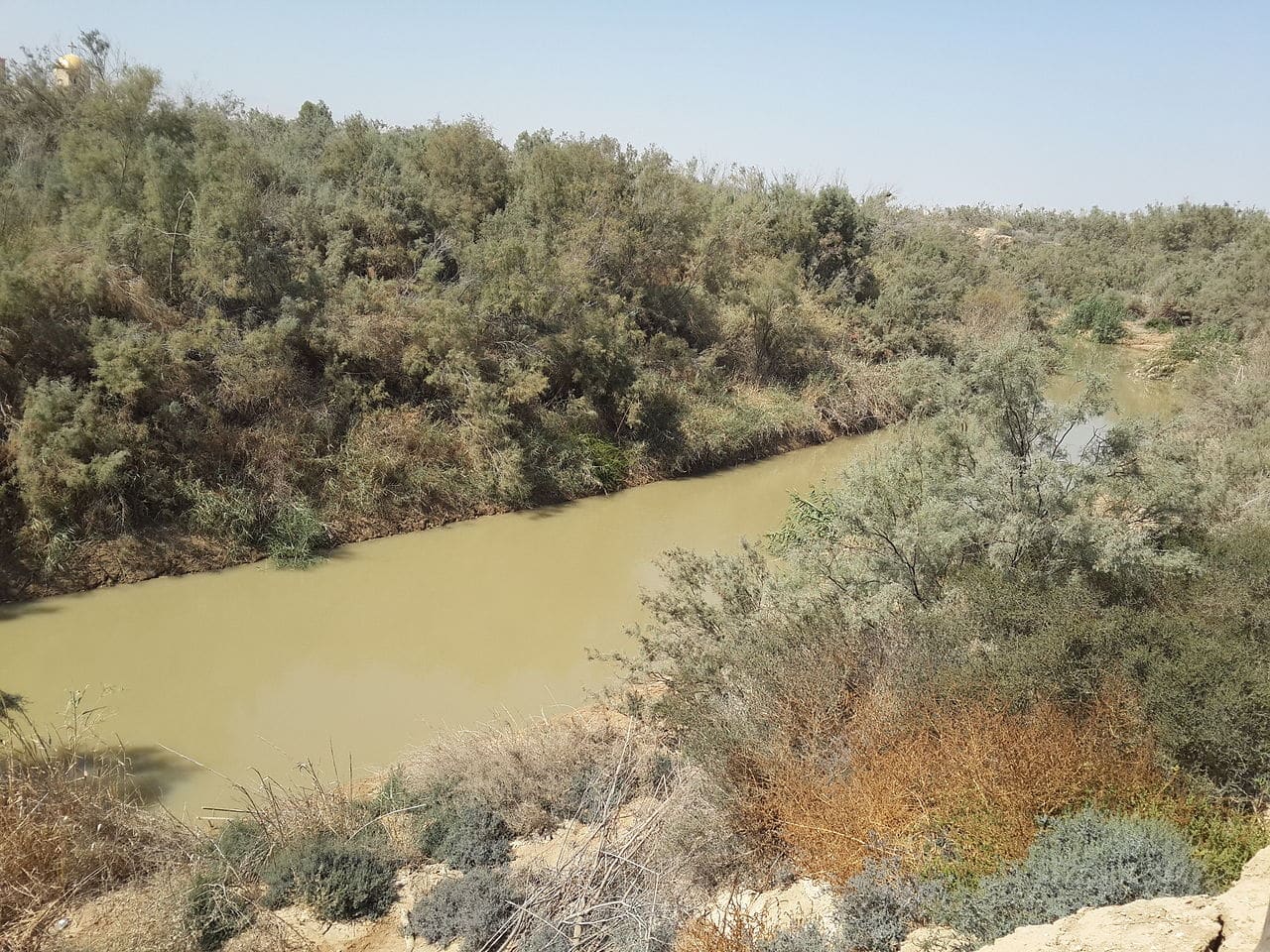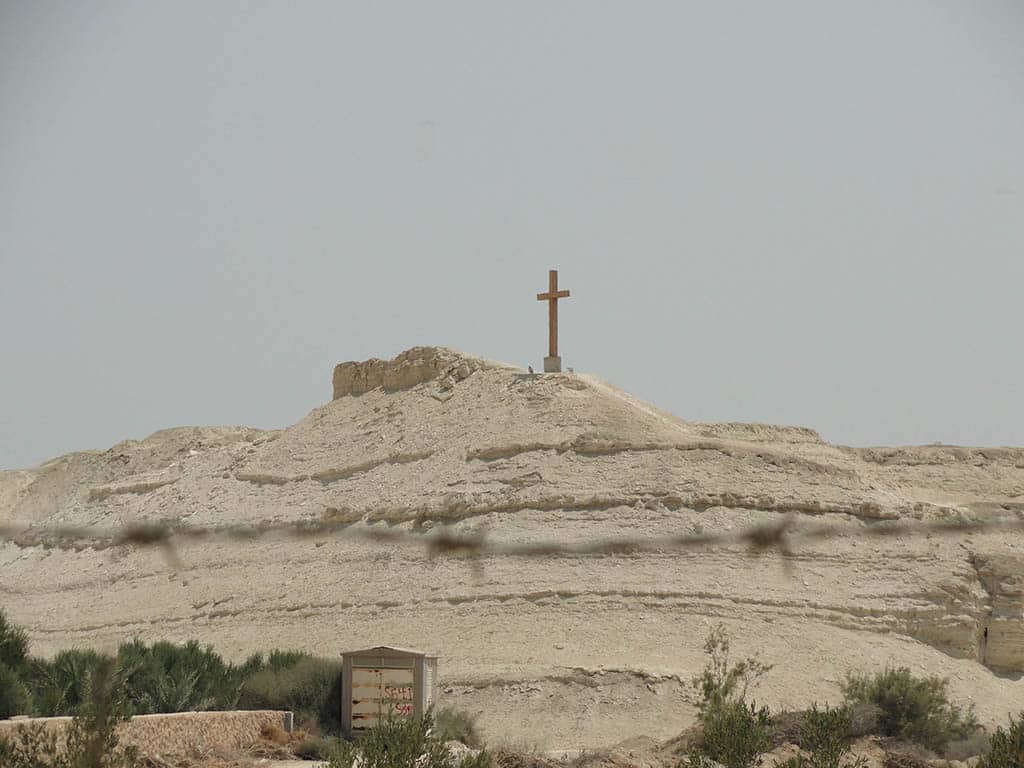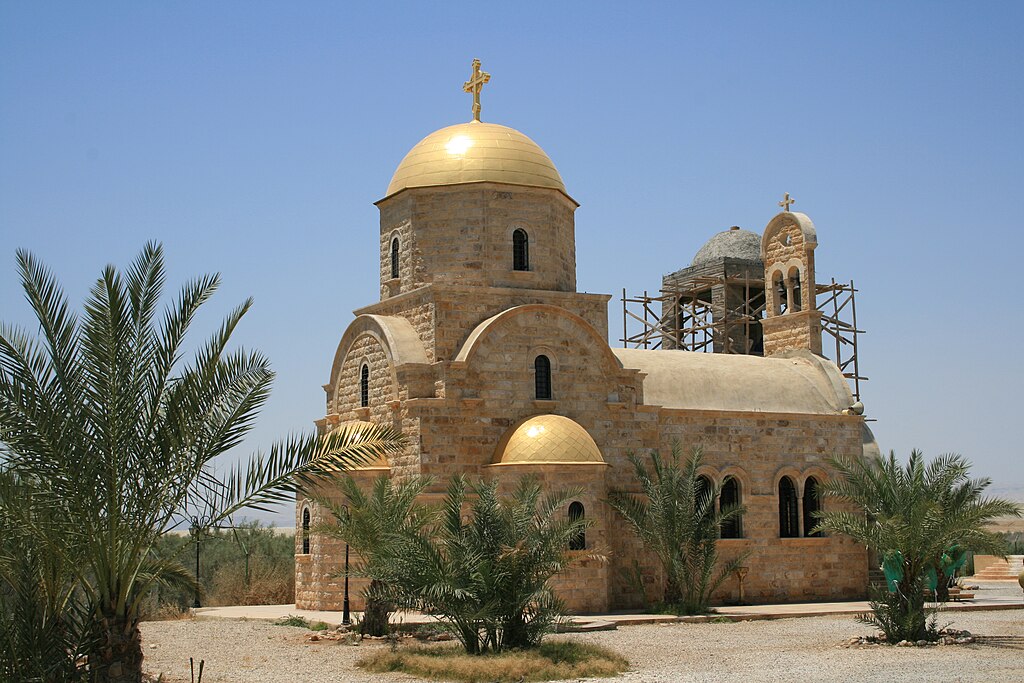Ephesus
Video for this Bible Exhibit
Carousel of images for this Bible Exhibit
Listen to this Bible Exhibit
Ephesus was one of the greatest cities of the ancient world. Located near the mouth of the Cayster River in western Asia Minor, it flourished as a major center for trade and culture. With its strategic location, well-developed roads, and bustling harbor, Ephesus became the largest city in the Roman province of Asia. It was home to a massive theater that could hold 25,000 people and the great Temple of Artemis, one of the Seven Wonders of the Ancient World. This temple, dedicated to the goddess Artemis (or Diana), was central to the city’s identity and economy, as merchants and craftsmen profited from selling idols and shrines to worshipers and travelers Acts 19:24-27.
Ephesus played a significant role in the spread of Christianity. Paul first visited the city briefly on his second missionary journey Acts 18:19-21 and later returned for an extended stay during his third journey, remaining there for more than two years Acts 19:8-10. Through his ministry, many in the region heard the Gospel, and God worked powerfully, performing miracles through Paul. Even handkerchiefs and aprons that had touched him were used to heal the sick and cast out demons Acts 19:11-12. The impact of Paul’s teaching was so significant that numerous people turned from magic and idolatry, publicly burning their scrolls of sorcery worth 50,000 silver pieces Acts 19:19.
However, not everyone welcomed the message of Christ. Demetrius, a silversmith who made idols of Artemis, stirred up a riot, fearing that Christianity would destroy their business and dishonor their goddess. A mob filled the Ephesian theater, shouting, “Great is Artemis of the Ephesians!” for hours before the city official calmed the crowd and dismissed them Acts 19:23-41. Despite such opposition, the church in Ephesus continued growing, and Paul later wrote them a letter, Ephesians, encouraging their faith.
Ephesus remained an important center of Christian teaching. Paul sent Timothy to minister there 1 Timothy 1:3, and the apostle John is believed to have lived there in his later years. In the book of Revelation, Jesus addressed a letter to the church in Ephesus, praising their hard work and perseverance but warning that they had lost their first love Revelation 2:1-7. He urged them to repent and return to their devotion to Him.
Today, the ruins of Ephesus, near the modern town of Selçuk in Turkey, stand as a reminder of its past glory. Excavations have uncovered the grand theater, the remains of the Temple of Artemis, the Library of Celsus, and early Christian sites, including the Basilica of Saint John. Though the city itself has faded, its role in the early church remains significant, pointing to the power of the Gospel to transform lives, even in a place devoted to idolatry and wealth.



